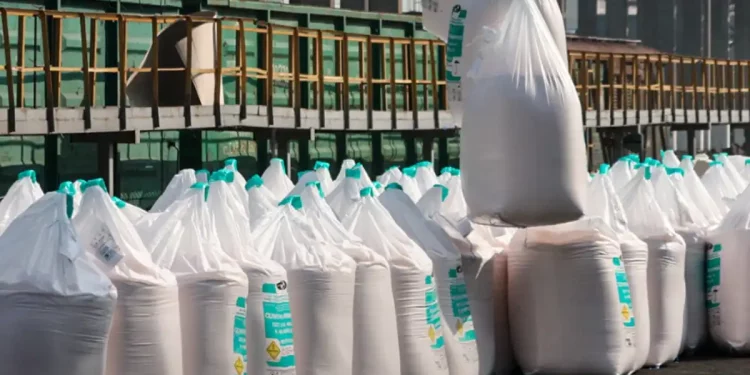The global fertilizer market, like food, cannot recover without Russia as the largest participant, First Deputy Prime Minister Andrei Belousov told reporters. He heads the Russian delegation at the APEC forum in Bangkok.
Belousov: Russia did not experience any pressure, returning to the grain deal
“As for the grain deal, you just need to understand that there are two tracks for Russia’s participation in solving the food crisis. The first track emerged, and it was historically the first, during the visit of [UN Secretary General António] Guterres to Moscow and negotiations with [Russian President Vladimir] Putin is that without Russia, food markets and markets for mineral fertilizers, and they are closely related to each other, simply cannot recover, because the Russian Federation is the largest participant in both,” Belousov said.
“The second track is the Istanbul agreements, where it was about the export and creation of a security corridor and the export of Ukrainian grain. As part of the first track, a memorandum was signed by your obedient servant and the UN Secretary General, within the framework of which we are acting,” the First Vice President added. Prime Minister of the Russian Federation
Belousov noted that Russia has already exported more than 15 million tons of grain, a large amount of mineral fertilizers. Moreover, he stressed, deliveries go primarily to developing and poorest countries, especially for grain. According to him, more than 90% of deliveries are sent to the countries of Africa and Southeast Asia.
Speaking about the Istanbul agreement, the First Deputy Prime Minister said that absolutely clear conditions were discussed there, and it was at risk precisely in connection with Ukraine’s actions to attack Sevastopol. “But since Ukraine guaranteed that nothing like this would happen again and the security corridor would no longer be used for military purposes, Russia went to return to the status quo and continue the grain deal,” Belousov stressed.







